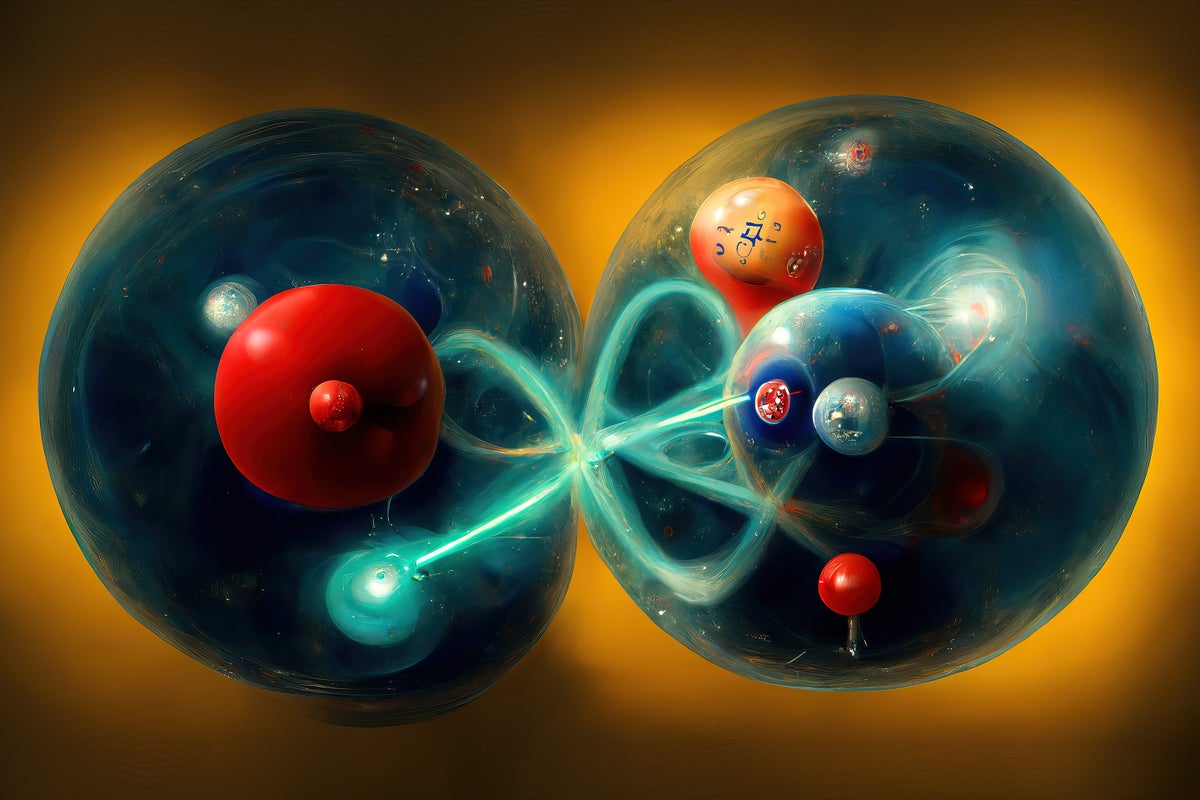
"This year is the International Year of Quantum Science and Technology, according to UNESCO, marking 100 years since quantum mechanics was proposed. The theory hardly needed the extra publicity, though. Look at any science magazine's trending articles and there's a good chance quantum stories will be among the top rankings. Cute animals aside, quantum physics might be science fans' favorite cover story."
"I had the opportunity to research the perennial popularity of quantum physics for my master's dissertation in science communication, and I chose to dive into the archives of Scientific American in search of an answer. As the U.S.'s oldest continually published magazine180 years nowit is one of the few publications old enough to have witnessed the birth of the quantum age and has helped introduce it to the public."
UNESCO declared this year the International Year of Quantum Science and Technology to mark a century since quantum mechanics emerged. Quantum stories frequently top science-magazine trending lists and appeal widely beyond niche audiences. Quantum physics remains conceptually difficult and detached from everyday experience, yet persistent public fascination endures. A science journalist with a physics degree investigated century-long coverage in Scientific American by searching for mentions of 'quantum' and analyzing authorship, topics, and explanatory approaches. The archival study traced how coverage introduced quantum concepts to general readers and found that public attraction often stems from the same puzzling, counterintuitive features that originally challenged the theory's founders.
Read at www.scientificamerican.com
Unable to calculate read time
Collection
[
|
...
]